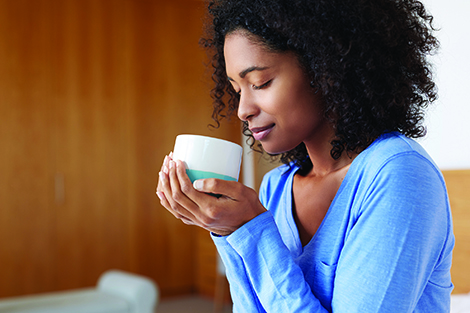Eating natural can boost immune system
Your body’s immune system protects against illness and infection, fighting off threats before you even know there’s a problem. Even though your immune system usually does its job automatically, you can give it a boost with habits (inclu

ding what you eat) that promote wellness and immunity. Such as:
Eat fruit and vegetables.
They contain flavonoids, phytochemicals that are a vital part of maintaining health. Flavonoids are found in colorful fruits and vegetables like cranberries and elderberries. When it comes to power foods, elderberries’ exceptional flavanol levels make them an immune-system powerhouse. Especially important during cold and flu season, elderberries can also be enjoyed in a cup of warm tea for instant comfort.
Rely on natural remedies.
Modern, stressful lifestyles and exposure to environmental pollutants can put immune systems under pressure. However, soothing rituals can actually support better health. One example is relaxing with a hot cup of tea. Natural and organic ingredients found in Buddha Teas provide numerous health benefits. Options like Mushroom Wellness, Divine Immunity, Elderberry Tea and Reishi Mushroom blends all contain immunity-boosting ingredients.
While they’re not an obvious ingredient, mushrooms have been incorporated into healing practices for thousands of years for their immune-boosting, anti-inflammatory, and antioxidant-rich properties. There are several powerful medicinal mushrooms, but one standout is the reishi mushroom, known as the “mushroom of immortality†and “divine plant of longevity.†It’s known to promote healthy cell growth and healthy blood pressure, along with improving immune function.
Source: Family Features